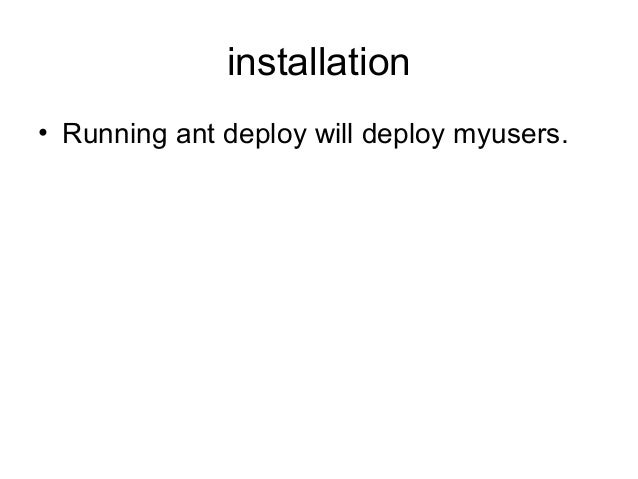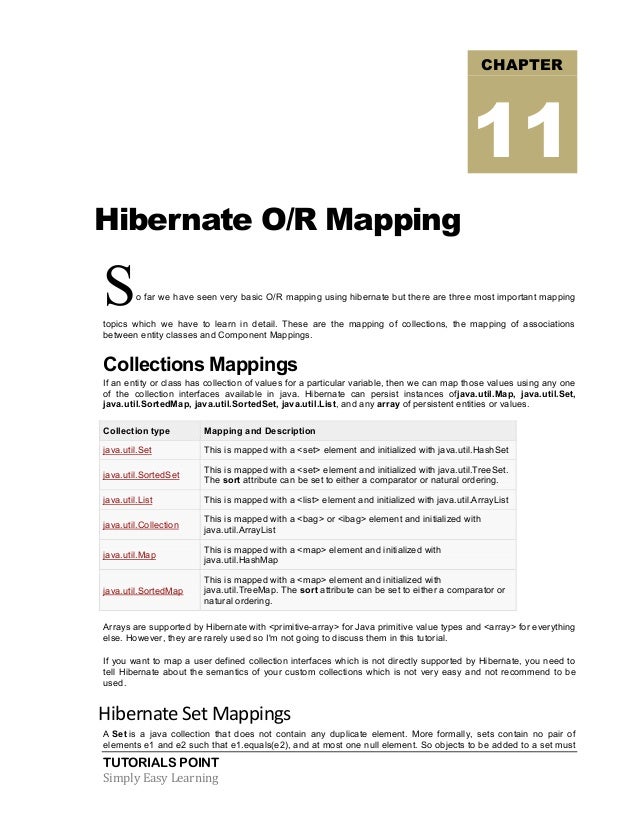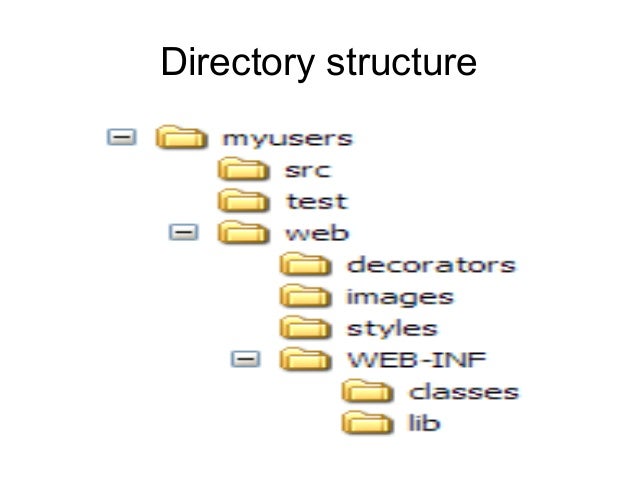
#Hibernate tutorial durgasoft how to
Insert records into MS-Access database using JDBCĪctionServlet (1) Advantages (1) AdvJavaBooks (7) Ajax (1) Amazon WebServices (1) AOP (1) Architecture (2) ArrayList (1) Arrays (4) Atlassian (2) AWS (1) Basic Java Programs (2) Basic JavaPrograms (1) BufferedReader (2) ClassNotes (2) Coding Standards (1) Collections (20) Configuration (5) ConnectionPooling (1) CoreJava (70) CoreJavaBooks (10) CSV File (1) CVS (2) DAO (1) Database (1) DataStructure (1) Decorative (1) Designpatterns (6) Developer (1) Differences (2) Downloads (54) DurgaSir Notes (2) DurgaSoft (6) eBooks (41) EC2 (1) Eclipse (1) Examples (5) Exceptions (1) File I/O Operations (1) File Operations (2) FishEye (1) Frameworks (6) Generics (2) HashMap (2) HeadFirst (5) Hibernate (16) HibernateBooks (3) How To (2) Html (2) Html5 (1) Installations (1) Instances (1) Interview Questions (13) IO Package (14) IOC (1) j2ee (7) java (34) Java 5 Features (4) Java Patterns (1) Java Programs (2) Java Standards (1) java.io (1) java.util (1) JavaBeans (1) JavaScript (1) JavaTips (1) jdbc (13) JIRA (1) jQuery (1) JS (1) Jsp (7) JSTL (2) KVR Sir (1) List (1) Maven (1) MS Access (2) mvc (7) MyEclipse (5) Nataraz Sir Notes (4) Normalization (1) OCJP (6) Oracle (1) Others (1) Patterns Programs (1) Prepared Statement (1) Products (1) programs (7) Projects (1) Promotions (1) RealTime_Tips (4) Reflection (1) RegEx (1) SathyaTech (1) Scanner (2) scjp (5) Sekhar sir Notes (6) Server (2) Servlets (9) Settings (1) Spring (8) SpringMVC (2) SQL (1) Statements (2) Static Import (1) Streams (1) Strings (5) Struts 1. Prerequisites We assume you have a good understanding of the Java programming language. Audience This tutorial is designed for all those Java programmers who would like to understand the Hibernate framework and its API. Advaced Java Notes by Mr.Nataraj from Ameerpeta This tutorial will teach you how to use Hibernate to develop your database based web applications in simple and easy steps. Hibernate Notes by Mr.Nataraj from Sathya Technolo. Configuration xml file and Mapping xml file along with dtds. Let's create the simple Persistent class: Employee. Hibernate - JavaBrains JDBC Tutorial Java JDBC Tutorial Hibernate Tutorial Hibernate Framework Tutorials - gontu Hibernate by Mr. Advantages of Hibernate compared to JDBC 2. The application programmer will not be able to use proxies for lazy association fetching.  Prefer non-final class: Hibernate uses the concept of proxies, that depends on the persistent class. Declare getter and setter methods: The Hibernate recognizes the method by getter and setter method names by default. This attribute behaves as a primary key in database.
Prefer non-final class: Hibernate uses the concept of proxies, that depends on the persistent class. Declare getter and setter methods: The Hibernate recognizes the method by getter and setter method names by default. This attribute behaves as a primary key in database. 
Provide an identifier property: It is better to assign an attribute as id.A no-arg constructor: It is recommended that you have a default constructor at least package visibility so that hibernate can create the instance of the Persistent class by newInstance() method.Run the first hibernate application by using command promptĪ simple Persistent class should follow some rules:.JPA is just a specification that facilitates object-relational mapping to manage relational data in Java applications. Our JPA tutorial is designed for beginners and professionals. Configuration xml file and Mapping xml file along with dtds. JPA Tutorial JPA tutorial provides basic and advanced concepts of Java Persistence API. For creating the first hibernate application, we need to follow the following steps: Advantages of Hibernate compared to JDBC 2. Here, we are going to create the first hibernate application without IDE. Hibernate is java based ORM tool that provides framework for mapping application domain objects to the relational database tables and vice versa.

Run the first hibernate application without IDE.Create the class that retrieves or stores the persistent object.

Create the mapping file for Persistent class.Steps to create first Hibernate Application.








 0 kommentar(er)
0 kommentar(er)
